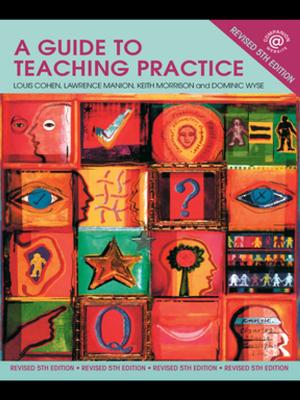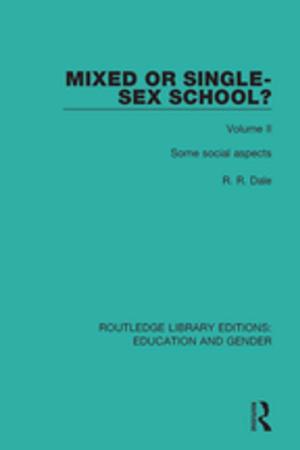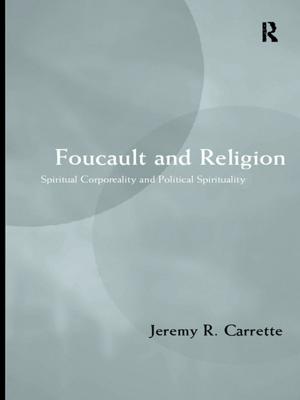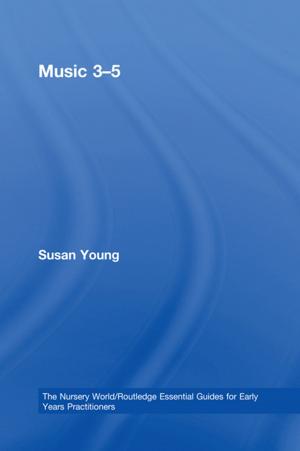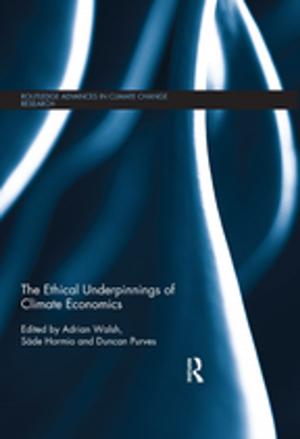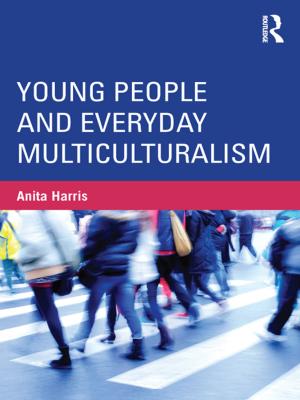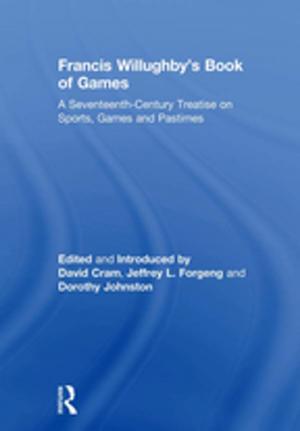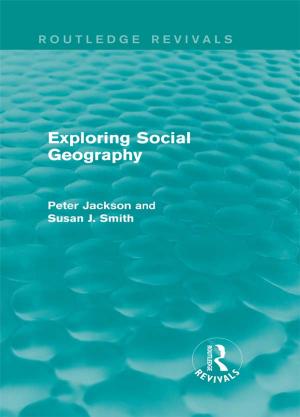Queering International Law
Possibilities, Alliances, Complicities, Risks
Nonfiction, Reference & Language, Law, International, Social & Cultural Studies, Political Science, International Relations| Author: | ISBN: | 9781351971133 | |
| Publisher: | Taylor and Francis | Publication: | July 14, 2017 |
| Imprint: | Routledge | Language: | English |
| Author: | |
| ISBN: | 9781351971133 |
| Publisher: | Taylor and Francis |
| Publication: | July 14, 2017 |
| Imprint: | Routledge |
| Language: | English |
This ground-breaking collection reflects the growing momentum of interest in the international legal community in meshing the insights of queer legal theory with those critical theories that have a much longer genealogy – notably postcolonial and feminist analyses. Beyond the push in the human rights field to ensure respect for the rights of people with diverse sexual orientations and gender identities, queer legal theory provides a means to examine the structural assumptions and conceptual architecture that underpin the normative framework and operation of international law, highlighting bias and blind spots and offering fresh perspectives and practical innovations.
The contributors to the book use queer legal theory to critically analyse the basic tenets and operations of international law, with many surprising, thought-provoking and instructive results. The volume will be of interest to many scholars, students and researchers in international law, international relations, cultural studies, gender studies, queer studies and postcolonial studies.
This ground-breaking collection reflects the growing momentum of interest in the international legal community in meshing the insights of queer legal theory with those critical theories that have a much longer genealogy – notably postcolonial and feminist analyses. Beyond the push in the human rights field to ensure respect for the rights of people with diverse sexual orientations and gender identities, queer legal theory provides a means to examine the structural assumptions and conceptual architecture that underpin the normative framework and operation of international law, highlighting bias and blind spots and offering fresh perspectives and practical innovations.
The contributors to the book use queer legal theory to critically analyse the basic tenets and operations of international law, with many surprising, thought-provoking and instructive results. The volume will be of interest to many scholars, students and researchers in international law, international relations, cultural studies, gender studies, queer studies and postcolonial studies.




